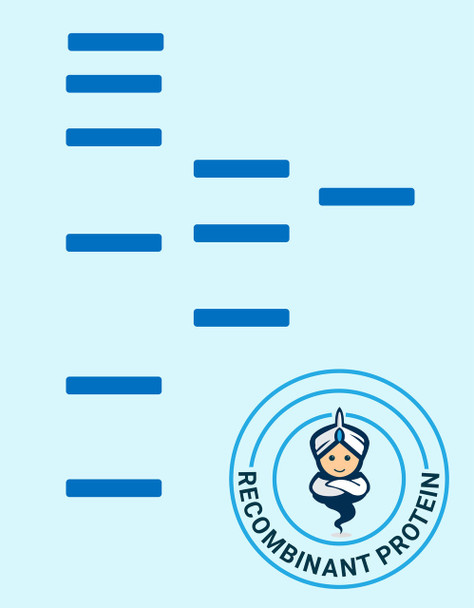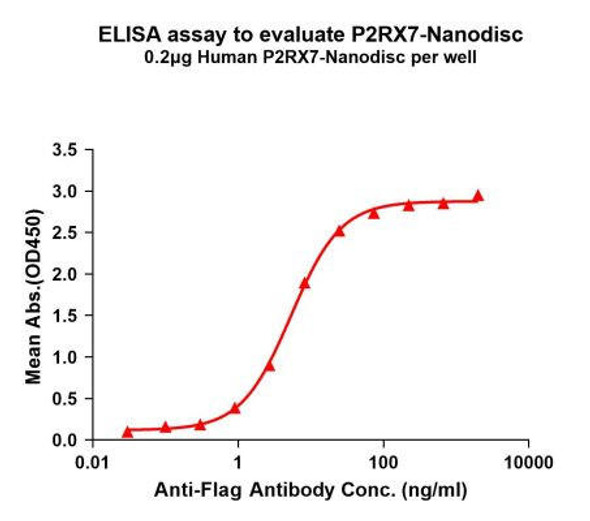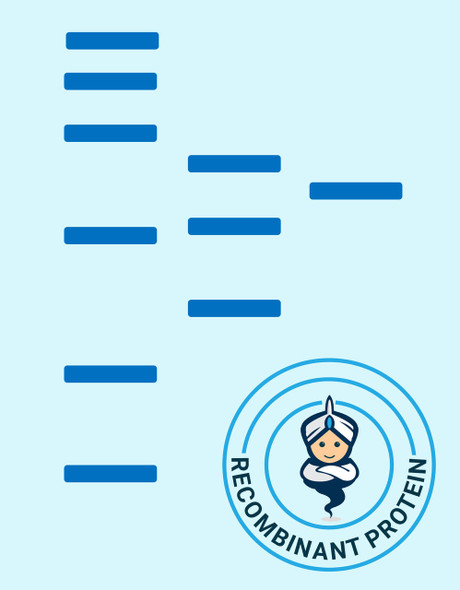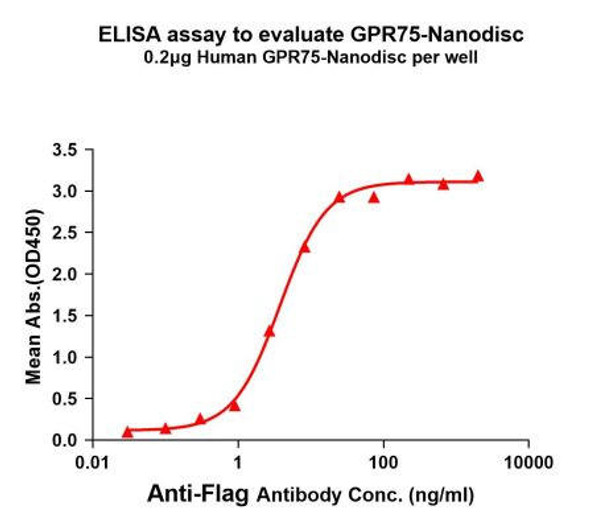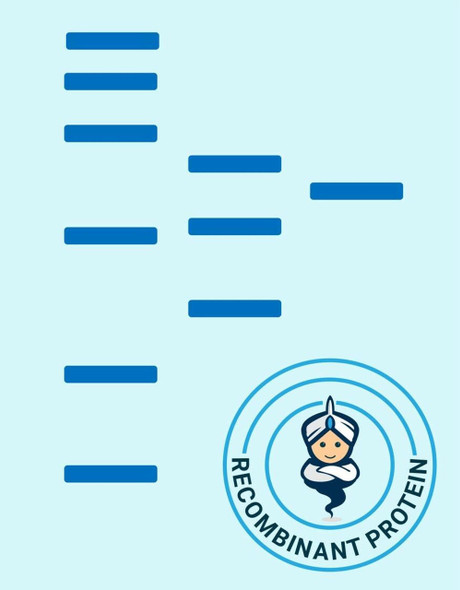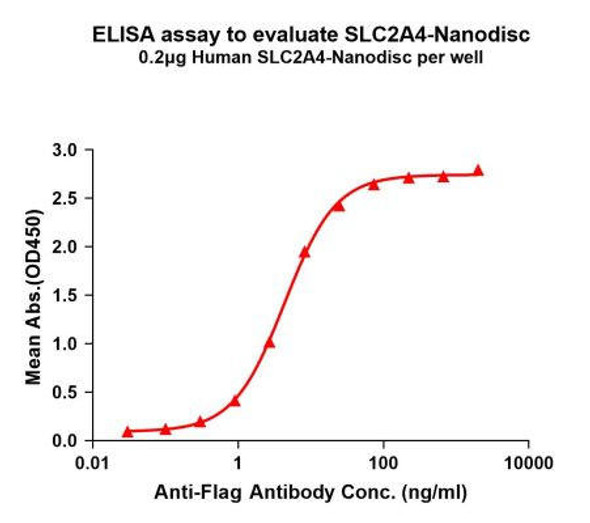Description
system_update_altDatasheet
| Product name | Human CCR1 full length protein-synthetic nanodisc |
| Size: | 10ug |
| Product SKU: | HDFP075 |
| Product Category | Full Length Transmembrane Proteins |
| Target: | CCR1 |
| Uniprot: | P32246 |
| Description: | Human CCR1 full length protein-synthetic nanodisc |
| Molecular Weight: | The human full length CCR1 protein has a MW of 41.2 kDa |
| Protein Family: | Druggable Genome, GPCR, Transmembrane |
| Protein Pathways: | Chemokine signaling pathway, Cytokine-cytokine receptor interaction |
| Storage & Shipping: | Store at -20°C to -80°C for 12 months in lyophilized form. After reconstitution, if not intended for use within a month, aliquot and store at -80°C (Avoid repeated freezing and thawing). Lyophilized proteins are shipped at ambient temperature. |
| Synonyms: | CD191; CKR-1; CKR1; CMKBR1; HM145; MIP1aR; SCYAR1 |
| Expression System: | HEK293 |
| Formulation: | Lyophilized from nanodisc solubilization buffer (20 mM Tris-HCl, 150 mM NaCl, pH 8.0). Normally 5% - 8% trehalose is added as protectants before lyophilization. Please see Certificate of Analysis for specific instructions. |
| Background: | This gene encodes a member of the beta chemokine receptor family, which is predicted to be a seven transmembrane protein similar to G protein-coupled receptors. The ligands of this receptor include macrophage inflammatory protein 1 alpha (MIP-1 alpha), regulated on activation normal T expressed and secreted protein (RANTES), monocyte chemoattractant protein 3 (MCP-3), and myeloid progenitor inhibitory factor-1 (MPIF-1). Chemokines and their receptors mediated signal transduction are critical for the recruitment of effector immune cells to the site of inflammation. Knockout studies of the mouse homolog suggested the roles of this gene in host protection from inflammatory response, and susceptibility to virus and parasite. This gene and other chemokine receptor genes, including CCR2, CCRL2, CCR3, CCR5 and CCXCR1, are found to form a gene cluster on chromosome 3p. [provided by RefSeq, Jul 2008] |
| Delivery: | 3-4 weeks |
| Usage | Research use only |

